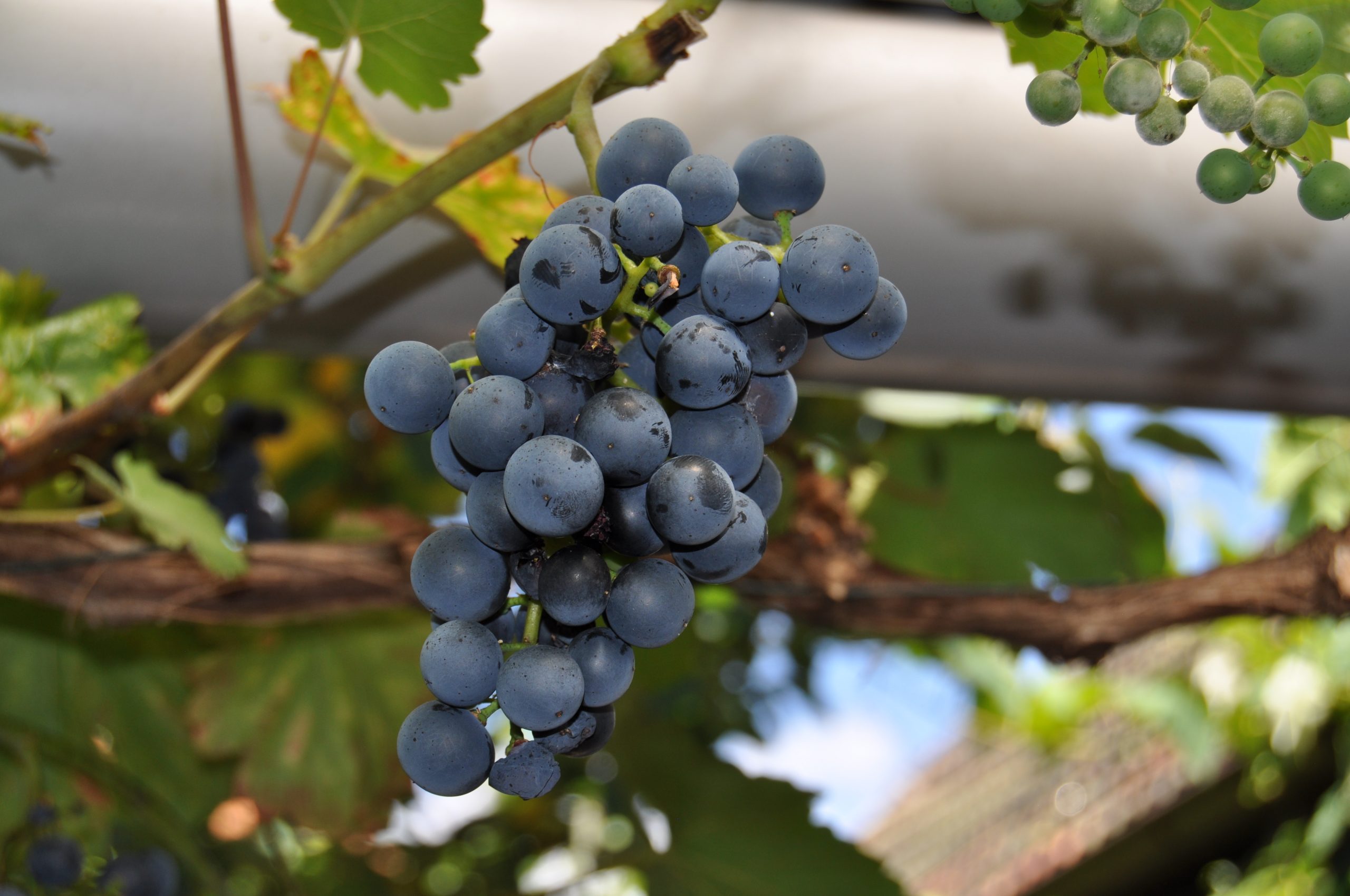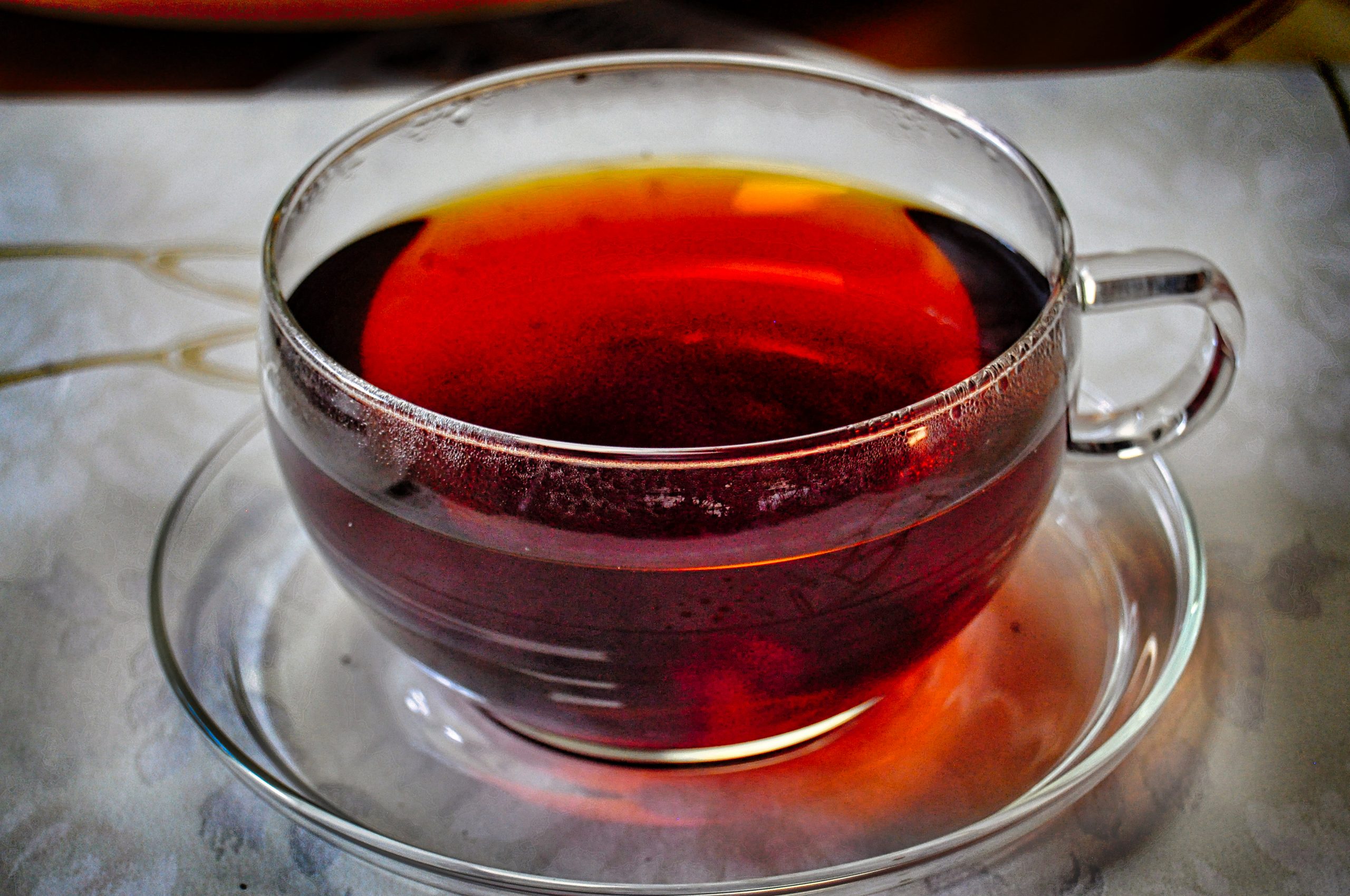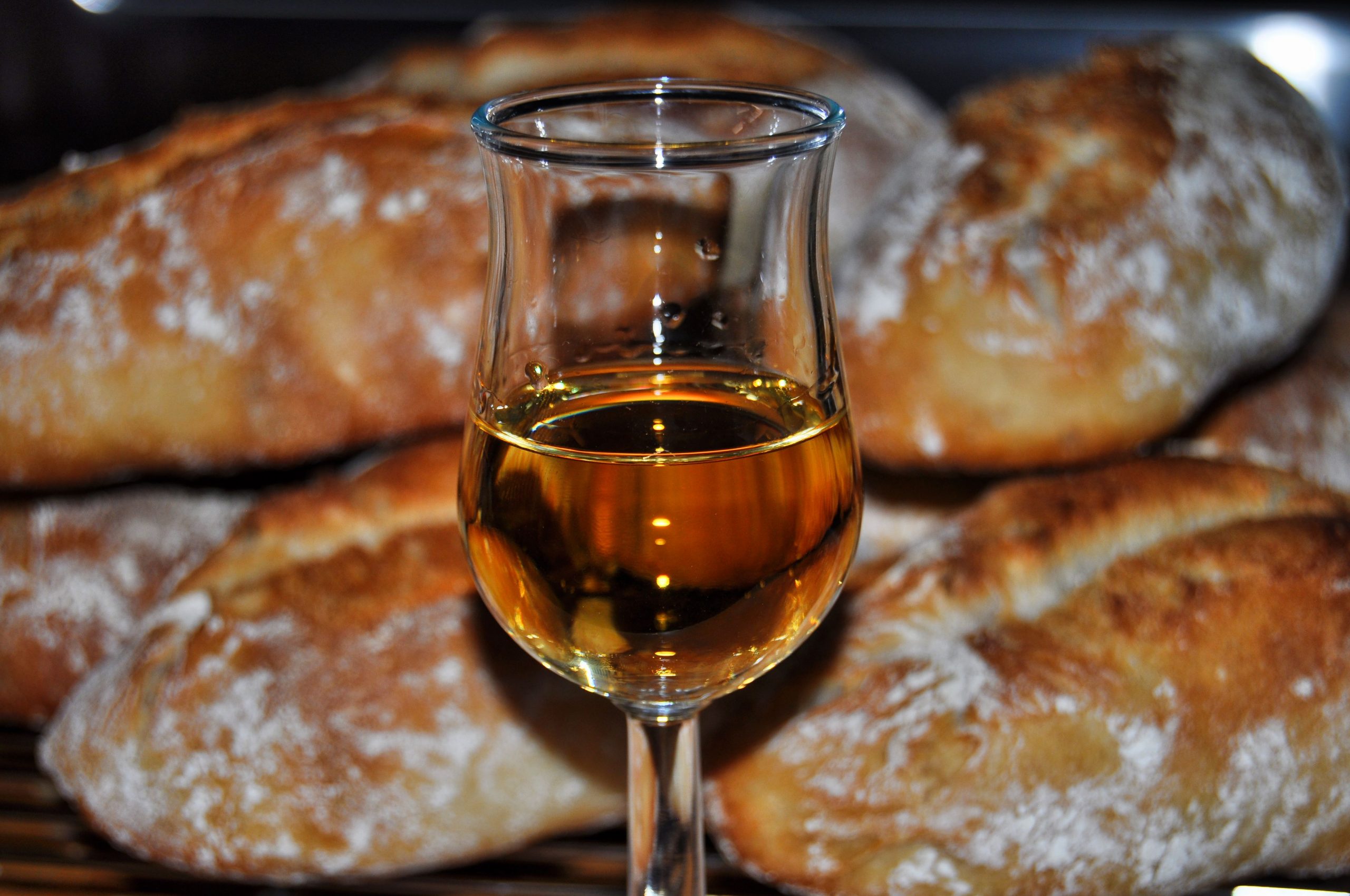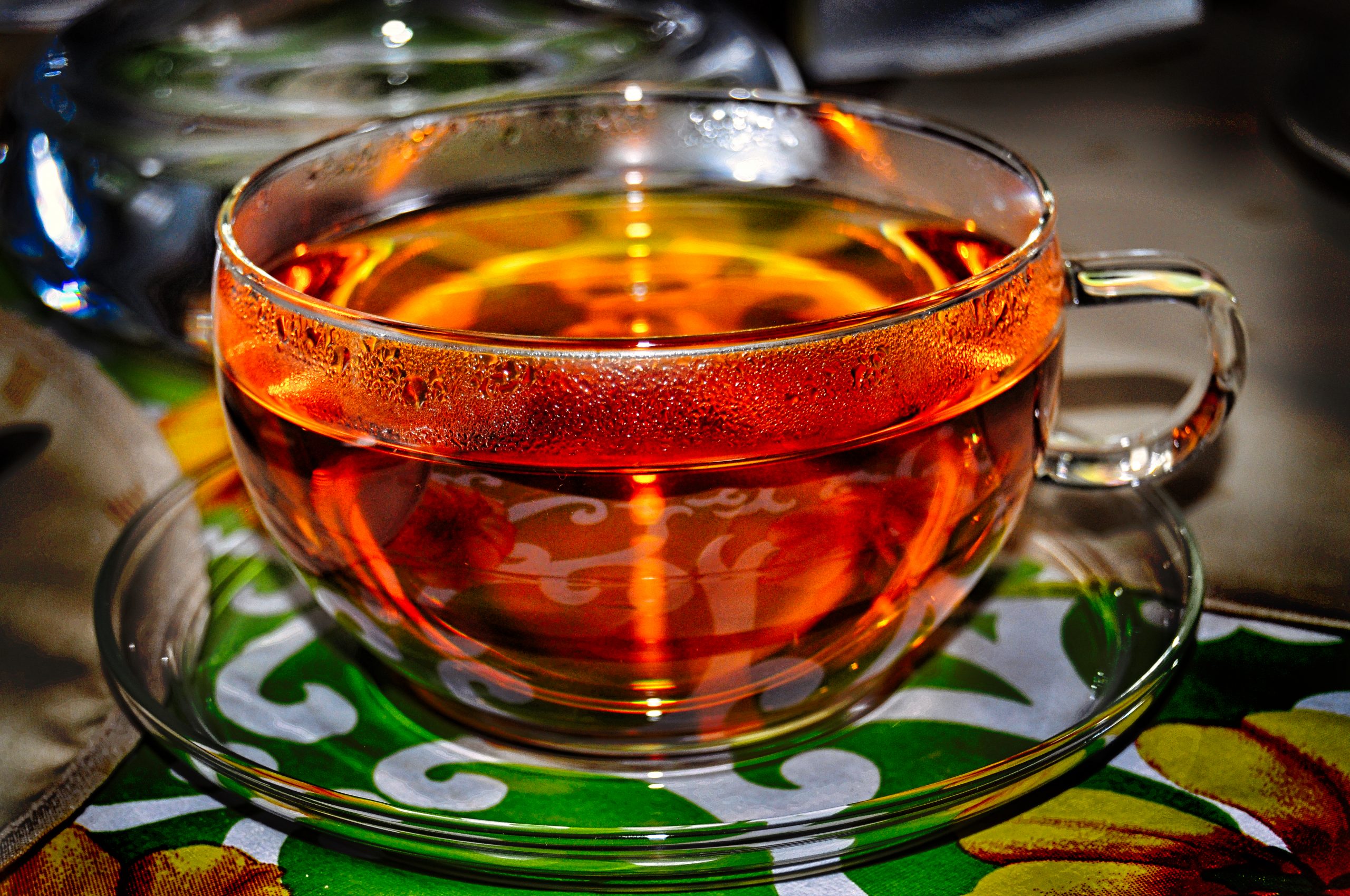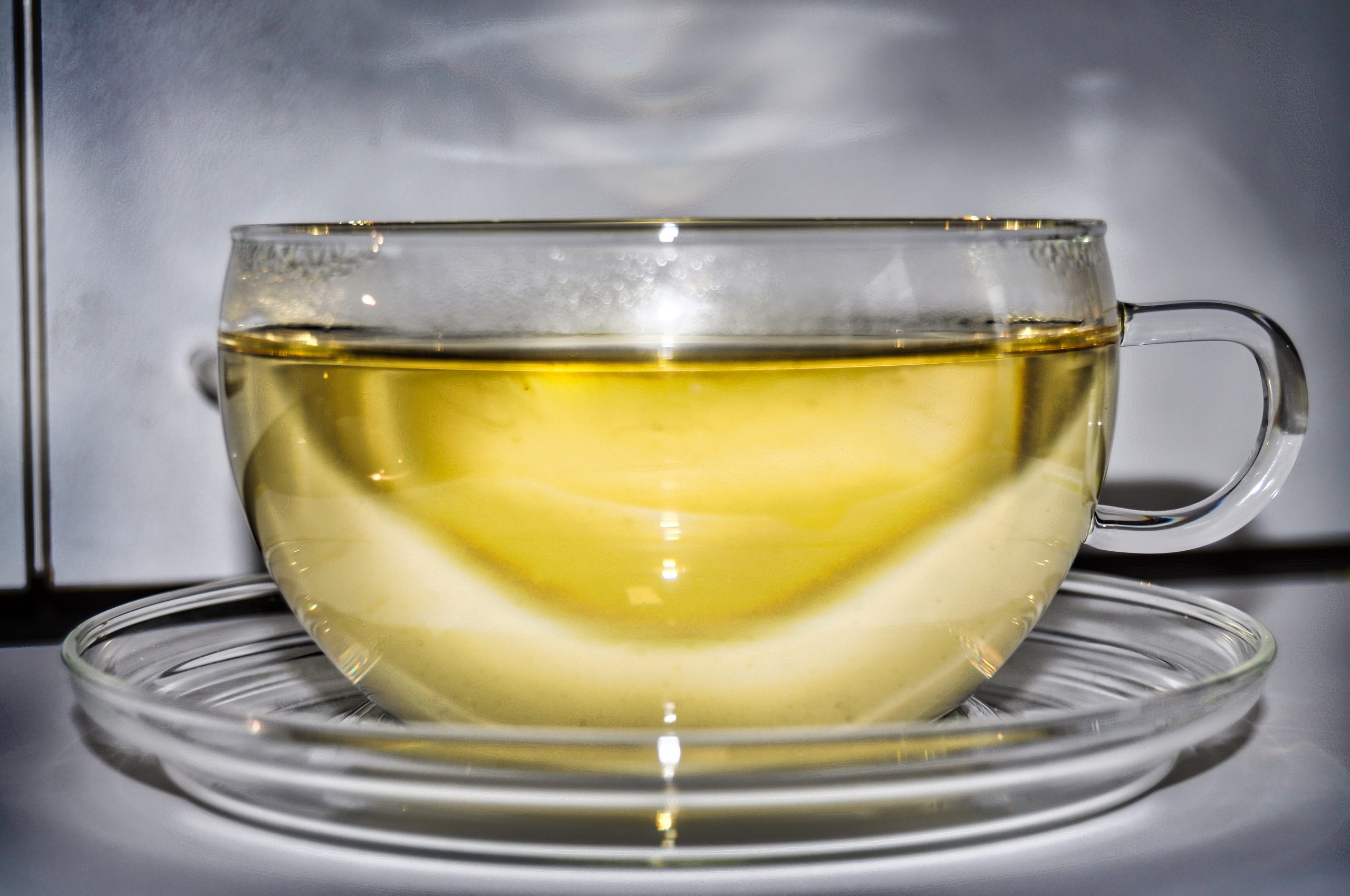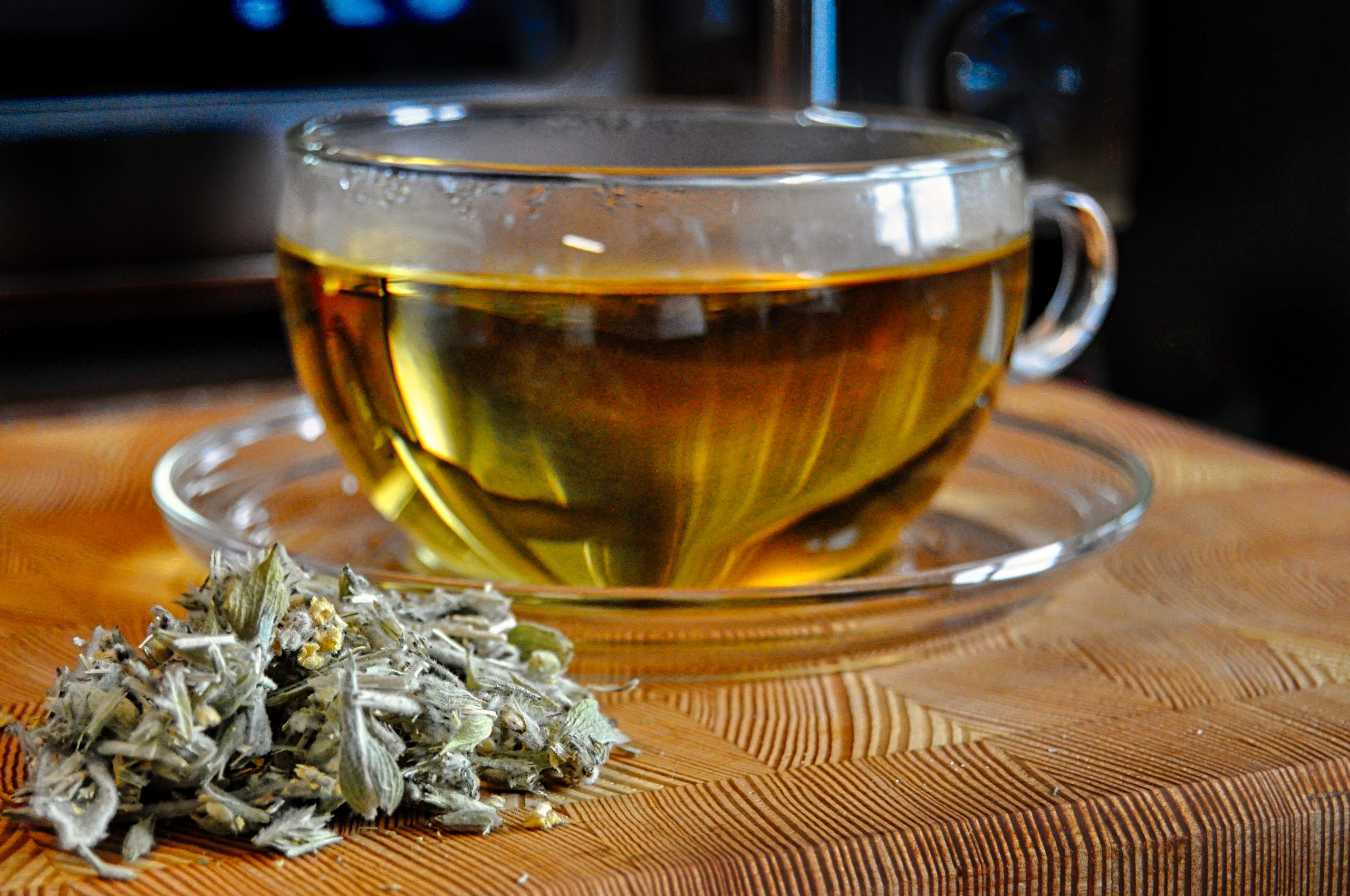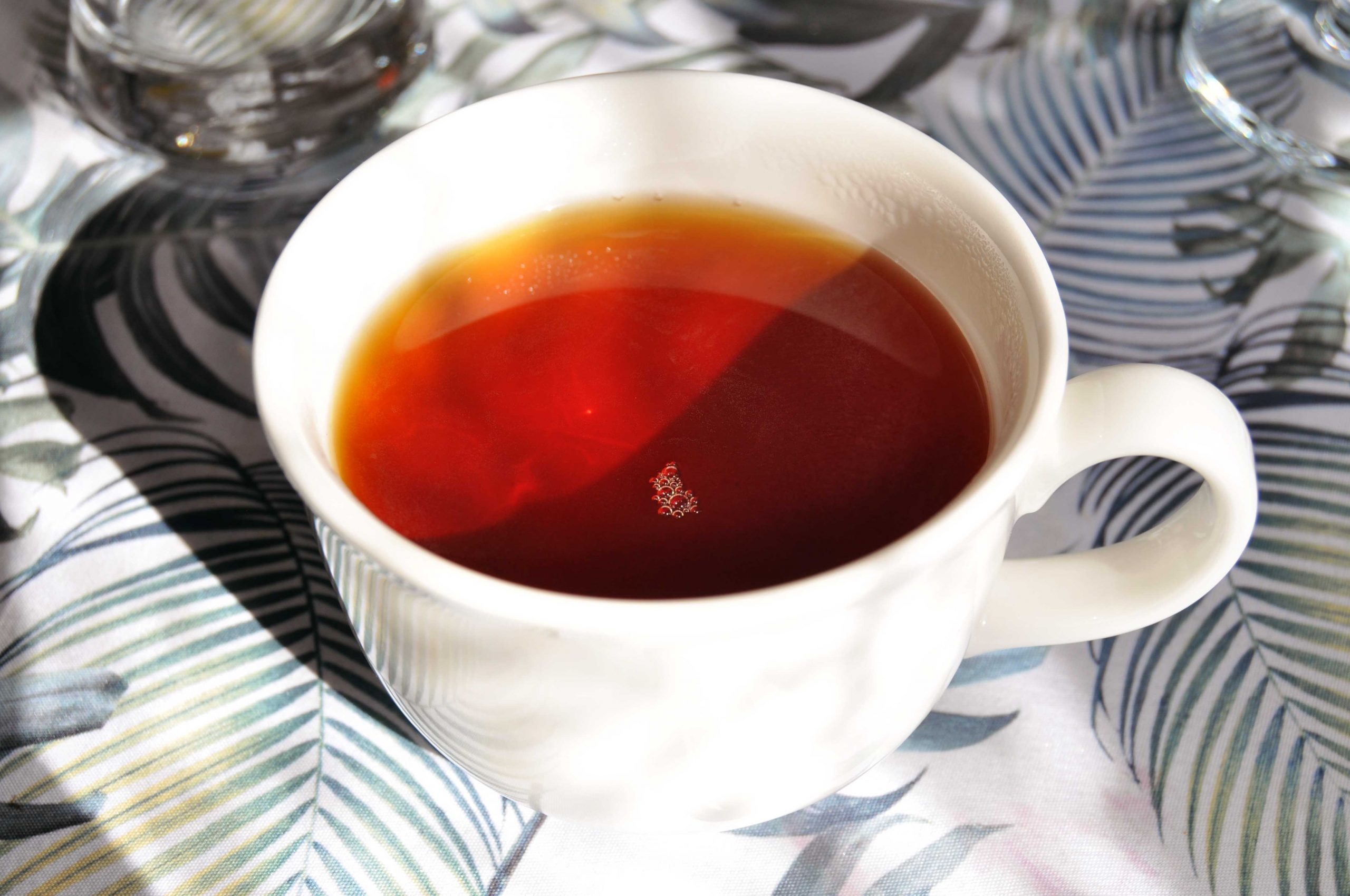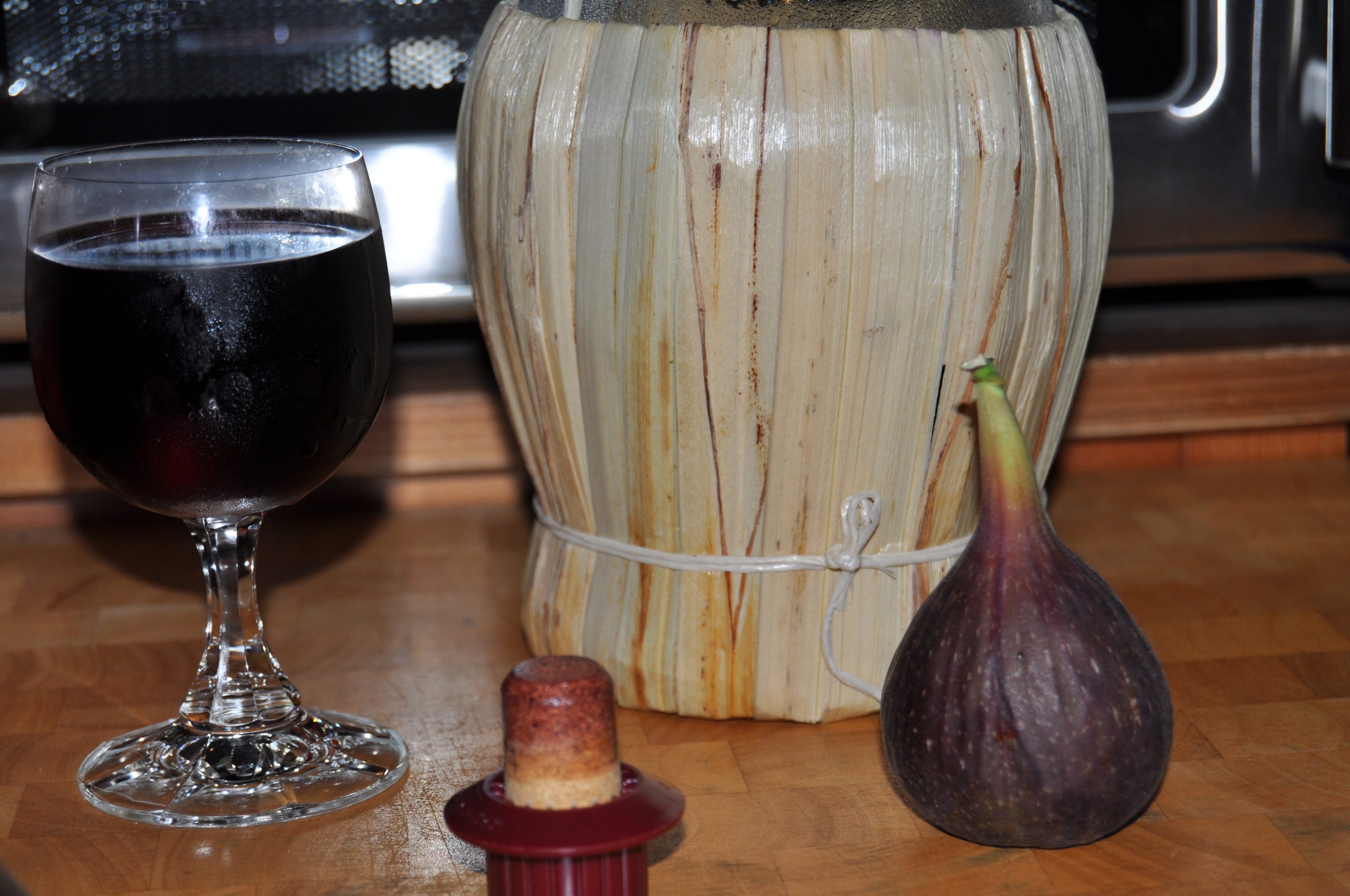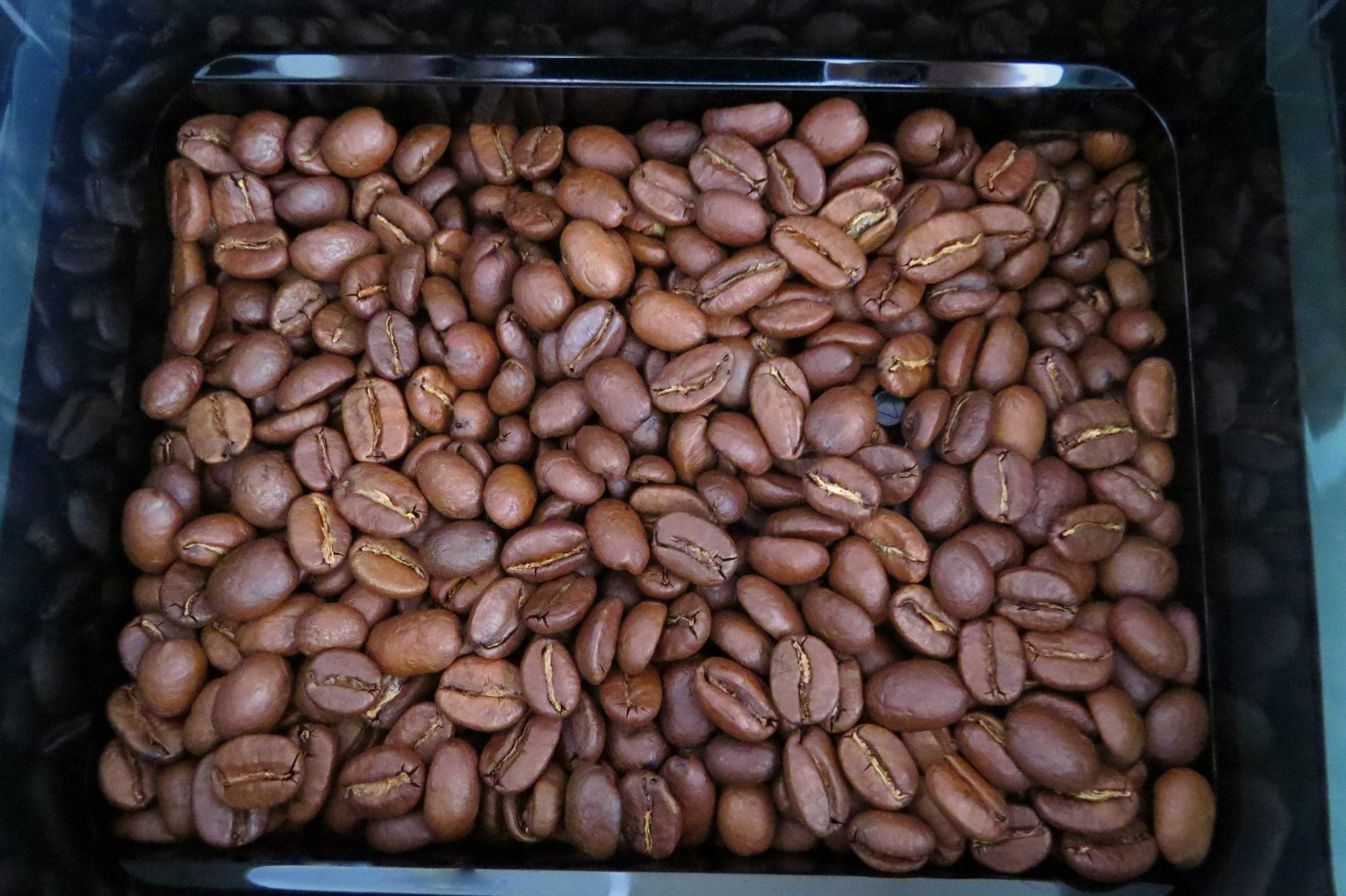Its healing effect on the body has been known to the Greeks since ancient times: Greek mountain tea is a herbal tea grown at altitudes of 1,000 to 2,000 metres. The tea is mainly cultivated in the north of Greece – apart from these regions, the tea also grows in Albania, the south of Bulgaria and the European part of Turkey.
The plant from which Greek mountain tea is obtained is small and between 15 and 40 cm tall. The plant is immune to light frost and snow, which can occur in the mountainous regions of Greece. Botanically, the term Greek mountain tea is an umbrella term for various species from the genus of limb herbs (Sideritis).
Locally, different varieties of Greek mountain tea occur – among others, Olympic mountain tea, Parnassian mountain tea and Cretan mountain tea. Olympic mountain tea, as the name suggests, grows at the foot of Mount Olympus, the highest mountain in Greece.
Remedy par excellence
It is not without reason that Greek mountain tea is considered the remedy par excellence for colds and stomach upsets: Greek mountain tea contains valuable ingredients, including minerals such as zinc and potassium and essential oils.
While tasting good, mountain tea also contains bitter and tannic substances that serve to promote digestion.
The shepherds in ancient Greece knew why they regularly consumed Greek mountain tea: Not only did the tea have a positive effect on the body, the plant from which the tea was obtained made relatively few demands on soil and climate. The plant grows preferably on very dry, calcareous soils and is perfectly adapted to the climate of the Greek mountains. When there was no professional cultivation of the plant, the remedy was only known to local shepherds and the plant grew wild. Accordingly, the extraction of Greek mountain tea was relatively uncomplicated.
In the Rhodope Mountains, mountain tea is celebrated as the “tea of longevity”.
The tea of longevity
Not all teas that call themselves Greek mountain tea have the same amount of effective ingredients: If the plants have been grown at low altitudes or raised with artificial irrigation, valuable ingredients of the end product are lost and the tea loses its healing properties.
The Greek mountain tea plant knows no national borders: In the Rhodope Mountains, most of which lie in southern Bulgaria, mountain tea is celebrated as the “tea of longevity”. In the Balkan countries, mountain tea is still a traditional remedy and is preferred to other ways of healing.
At the beginning of June, during the flowering season, the plants are harvested: During harvesting, the entire plant is picked by hand, i.e. everything from the stem to the leaves and flowers is used. The harvested plants are then bundled and air-dried.
Preparation and taste
Once the plants are dried, the tea is ready for consumption: For a cup of Greek Mountain Tea, place one to two tablespoons of the dried tea in a tea filter and pour boiling hot water over it. After brewing for five to ten minutes, the tea leaves can be removed and the tea drunk. Fresh and dried tea plants can be used to prepare Greek mountain tea – in most cases, however, only dried mountain herb tea is available.
Fresh Greek mountain tea is a regional speciality that can only be enjoyed at the beginning of June. If one climbs a mountain on Mount Olympus, one will discover the plant Sideritis at the foot of the mountains – however, in many cases it may not be picked, as the wild plant is protected as a nature reserve in many places. Nowadays, Greek mountain tea is mostly cultivated professionally – wildly picked mountain tea no longer plays a role due to the high demand for the tea and nature conservation.
The smell of Greek mountain tea is reminiscent of sage: in terms of taste, the tea offers a mildly spicy aroma with a slight citrus note.
Only when the plants thrive “as in the wild” do they develop their actual healing effect.
A craft for generations
The cultivation of Greek mountain tea has a long tradition in the region: there are families who have been making a living from the cultivation of Greek mountain tea in the Olympus mountains for generations, preserving the knowledge of their ancestors about the cultivation of the valuable tea plant.
The region where Greek mountain tea grows offers a real idyll: one could almost think that time has stood still in the villages at the foot of the Greek mountains. But that is not exactly the case: modern technologies are used in the cultivation of the different varieties of the Sideritis plant. However, the tradition of harvesting the sideritis plants by hand has survived to this day. This has not least to do with the fact that not all sideritis plants flower at once: each plant has its own cycle, which is why the harvesting season takes place in May and June. In addition, the locals harvest the plant on a sunny day with blue skies. Artificial irrigation has fallen into disrepute among connoisseurs of Greek mountain tea – if the tips of the plant umbels turn red, this indicates that the plant has been grown without irrigation. Only when the plants thrive “as in the wild” do they develop their actual healing effect.
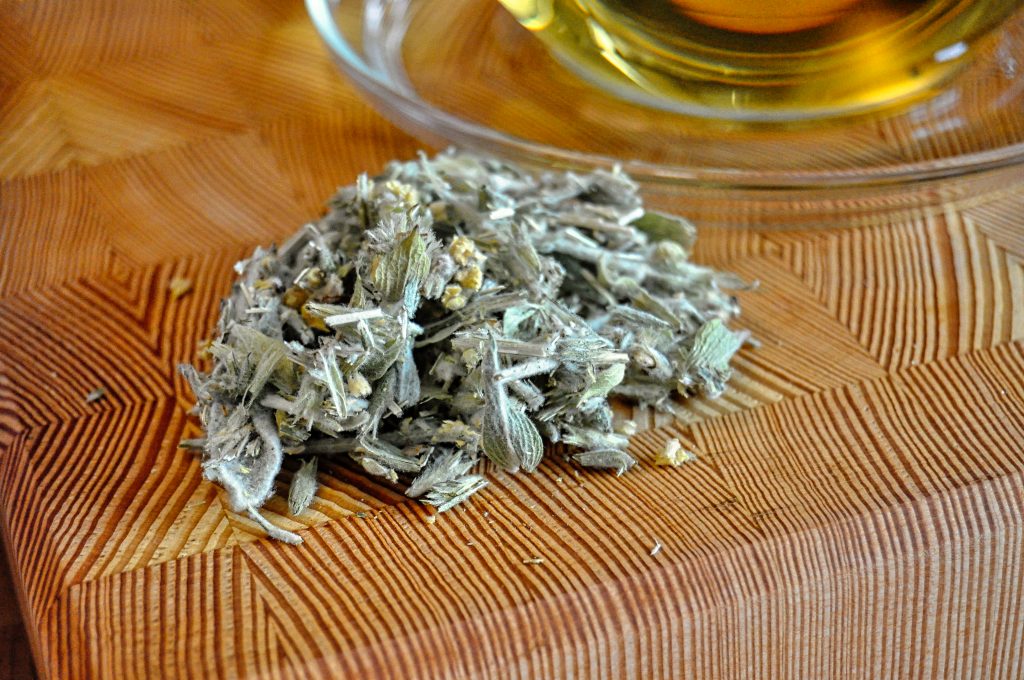
On Mount Olympus
Among herbal teas, Greek mountain tea occupies a special position: its long tradition and connection with the mountains of Greece lend the tea a special fascination. The production of mountain tea determines the landscape of an entire region – even after all these centuries, the people there have never forgotten what an effective remedy Greek mountain tea is. One almost has the feeling of ascending to Mount Olympus when one drinks a sip of Greek mountain tea: Yet the plant from which the tea is made does not grow on the summits of Mount Olympus, but at the foot of the mountains.
As with every product, the same applies to Greek mountain tea: it is the quality of the end product that counts, and in the case of mountain tea, the knowledge about the cultivation of the plant is particularly decisive. While the winegrowers in French Bordeaux are working on the pressing of a perfect red wine, in Olympus they are busy with the optimal cultivation of the Greek mountain tea in order to bring the quality and the mass of the production into a good relationship with each other.
Cover picture: Greek Mountain Tea, © Simon von Ludwig

 Deutsch
Deutsch
